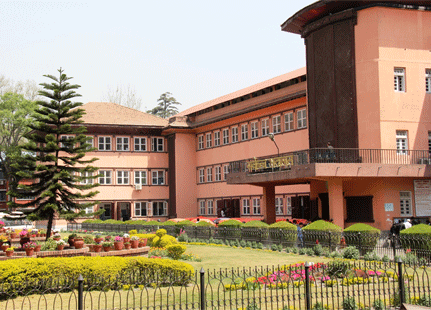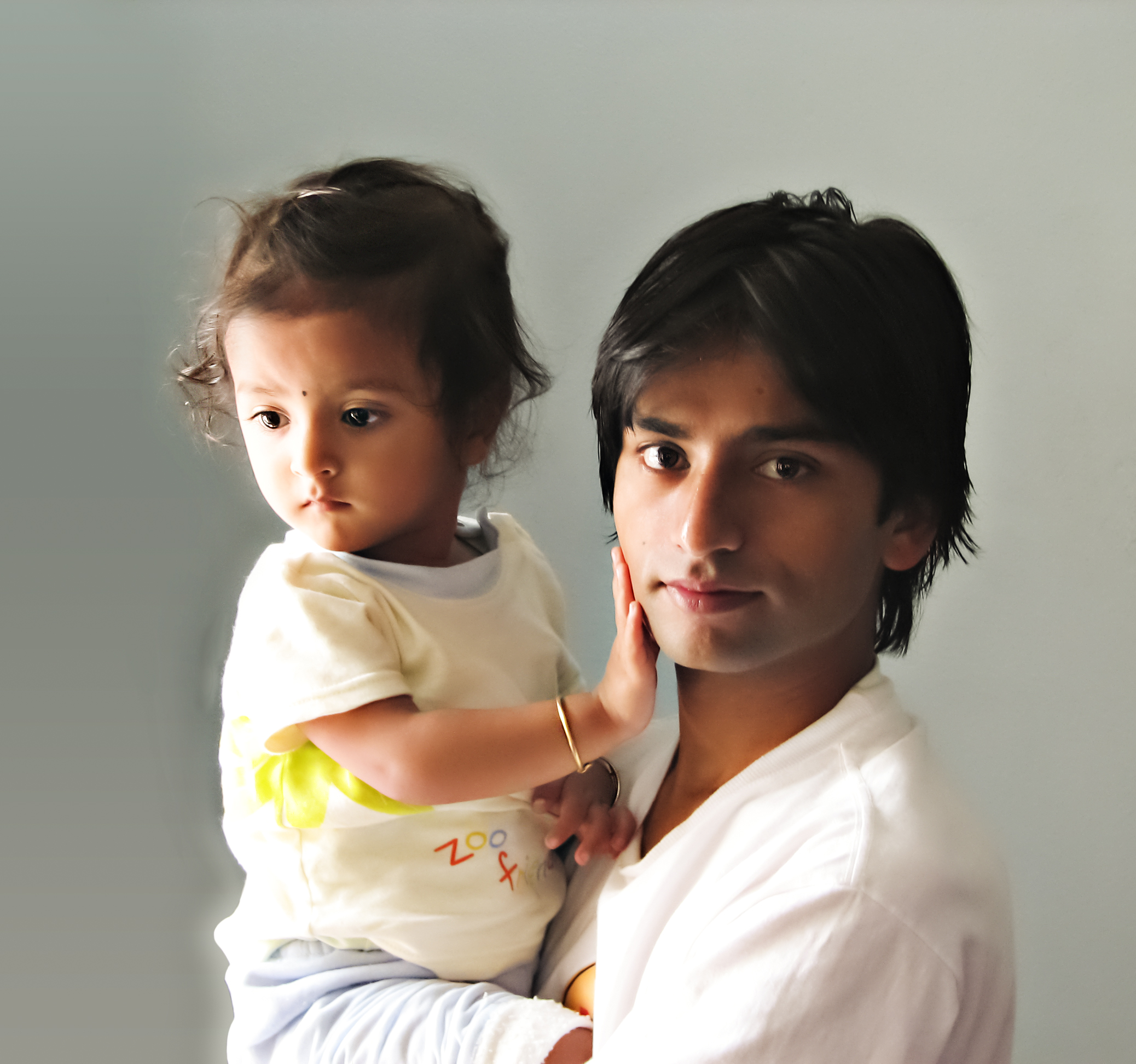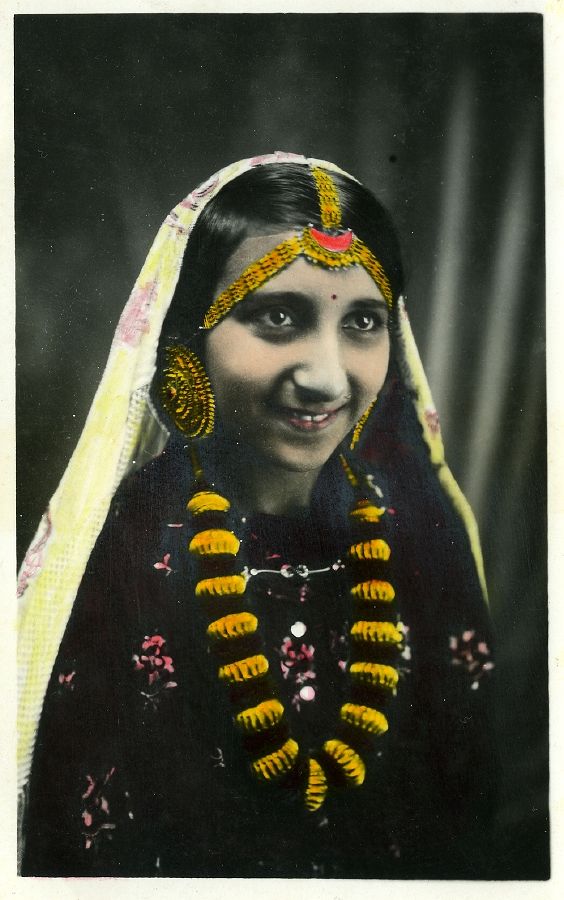|
Human Rights In Nepal
A clash between the Nepalese government forces and the Communist Party of Nepal (CPN- Maoist) occurred between 1996 and 2006, resulting in an increase in human rights abuses throughout the country. Both sides have been accused of torture, unlawful killings, arbitrary arrests, and abductions. Nepal was home to the most disappearances in the world during the conflict. The conflict is also considered one of the major reasons for a lack of development in Nepal, a reduction in human rights in the realms of poverty, health, education, and gender equality. Issues in these realms continue to persist today. Nepalese people face discrimination based on ethnicity, caste, and gender, and citizens living in rural parts of Nepal face a lack of access to adequate health care, education, and other resources. Violence continues to plague the country, particularly towards women. Economic inequality is prevalent, and health issues persist— including high child mortality rates in some areas, mental ... [...More Info...] [...Related Items...] OR: [Wikipedia] [Google] [Baidu] |
Torture
Torture is the deliberate infliction of severe pain or suffering on a person for reasons such as punishment, extracting a confession, interrogation for information, or intimidating third parties. Some definitions are restricted to acts carried out by the state, but others include non-state organizations. Torture has been carried out since ancient times. In the eighteenth and nineteenth centuries, Western countries abolished the official use of torture in the judicial system, but torture continued to be used throughout the world. A variety of methods of torture are used, often in combination; the most common form of physical torture is beatings. Since the twentieth century, many torturers have preferred non-scarring or psychological methods to provide deniability. Torturers are enabled by organizations that facilitate and encourage their behavior. Most victims of torture are poor and marginalized people suspected of crimes, although torture against political prisoners or ... [...More Info...] [...Related Items...] OR: [Wikipedia] [Google] [Baidu] |
Maoism
Maoism, officially called Mao Zedong Thought by the Chinese Communist Party, is a variety of Marxism–Leninism that Mao Zedong developed to realise a socialist revolution in the agricultural, pre-industrial society of the Republic of China and later the People's Republic of China. The philosophical difference between Maoism and traditional Marxism–Leninism is that the peasantry is the revolutionary vanguard in pre-industrial societies rather than the proletariat. This updating and adaptation of Marxism–Leninism to Chinese conditions in which revolutionary praxis is primary and ideological orthodoxy is secondary represents urban Marxism–Leninism adapted to pre-industrial China. Later theoreticians expanded on the idea that Mao had adapted Marxism–Leninism to Chinese conditions, arguing that he had in fact updated it fundamentally, and that Maoism could be applied universally throughout the world. This ideology is often referred to as Marxism–Leninism–Maoism to d ... [...More Info...] [...Related Items...] OR: [Wikipedia] [Google] [Baidu] |
LGBT Rights In Nepal
In 2007 Nepal repealed the laws against gay sex and introduced several laws which explicitly protected sexual orientation. The Nepalese Constitution now recognizes LGBT rights as fundamental rights. Based on a ruling of the Supreme Court of Nepal in late 2007, the government was also considering the legalization of same-sex marriage. According to several sources, the Constitution of 2015 was expected to include it. Although the Constitution explicitly says that " marginalized" communities are to be granted equal rights under the law, and that Nepal's LGBT people fall into this category, it does not explicitly address the legalization of same-sex marriage. The Nepalese Constitution, approved by the Constituent Assembly on 16 September 2015, includes several provisions pertaining to the rights of LGBT people. These are the right to acquire a citizenship certificate in accordance to one's gender identity, a prohibition on discrimination on any ground including sex by the State an ... [...More Info...] [...Related Items...] OR: [Wikipedia] [Google] [Baidu] |
Caste System In Nepal
The Nepalese caste system was the traditional system of social stratification of Nepal. The Nepalese caste system broadly borrows the classical Hindu ''Chaturvarnashram'' model, consisting of four broad social classes or varna: Brahmin, Kshatriya, Vaishya, Sudra. The caste system defines social classes by a number of hierarchical endogamous groups often termed ''jaat''. This custom was traditionally only prevalent in the three Indo Aryan societies of the Khas, Madhesi, and Newars. However, since the unification of Nepal in the 18th century, Nepal's various non-Hindu ethnic nationalities and tribes, previously called "Matwalis" (alcohol-drinkers) and now termed as "Adivasi/Janajati" (indigenous/nationalities), have been incorporated within the caste hierarchy to varying degrees of success. Despite the forceful integration by the state into the pan-Hindu social structure, the traditionally non-Hindu groups and tribes do not necessarily adhere to the customs and practices of the cas ... [...More Info...] [...Related Items...] OR: [Wikipedia] [Google] [Baidu] |
UNDP
The United Nations Development Programme (UNDP)french: Programme des Nations unies pour le développement, PNUD is a United Nations agency tasked with helping countries eliminate poverty and achieve sustainable economic growth and human development. Headquartered in New York City, it is the largest UN development aid agency, with offices in 170 countries. The UNDP emphasizes developing local capacity towards long-term self-sufficiency and prosperity. It administers projects to attract investment, technical training, and technological development, and provides experts to help build legal and political institutions and expand the private sector. The UNDP operates in 177 countries and is funded entirely by voluntary contributions from UN member states. Also, UNDP is governed by a 36-member executive board overseen by an administrator, who is third-highest ranking UN official after the Secretary-General and Deputy Secretary-General. Founding The UNDP was founded on 22 Nove ... [...More Info...] [...Related Items...] OR: [Wikipedia] [Google] [Baidu] |
Intersex
Intersex people are individuals born with any of several sex characteristics including chromosome patterns, gonads, or genitals that, according to the Office of the United Nations High Commissioner for Human Rights, "do not fit typical binary notions of male or female bodies". Sex assignment at birth usually aligns with a child's anatomical sex and phenotype. The number of births with ambiguous genitals is in the range of 1:2000–1:4500 (0.022%–0.05%). Other conditions involve atypical chromosomes, gonads, or hormones. Some persons may be assigned and raised as a girl or boy but then identify with another gender later in life, while most continue to identify with their assigned sex. The number of births where the baby is intersex has been reported differently depending on who reports and which definition of intersex is used. Anne Fausto-Sterling and her co-authors suggest that the prevalence of "nondimorphic sexual development" might be as high as 1.7%. A study publish ... [...More Info...] [...Related Items...] OR: [Wikipedia] [Google] [Baidu] |
Ncell
Ncell Axiata Limited (previously Ncell Private Limited) ( ne, एनसेल आजियाटा) is a mobile service provider from Nepal. Ncell is Nepal's second largest telecommunications company, after Nepal Telecom. The company was founded in 2004 AD and has been providing telecommunications services ever since. It has been the most successful company in the history of telecommunications in Nepal. In addition to growing revenue, it has maintained a high level of service quality. The journey begins in the year 2004 A.D. There was only one major telecom operator at the time, Nepal Telecom. Nepal Telecom has been providing PSTN and GSM services since the beginning. Investing in telecommunications and competing with governmental agencies was a major risk at the time. However, they were able to expand their service and establish a high-quality network, and within 15 years, they had become a leading telecom operator offering 2G and 4G mobile communication. In addition, it has ... [...More Info...] [...Related Items...] OR: [Wikipedia] [Google] [Baidu] |
Third Gender
Third gender is a concept in which individuals are categorized, either by themselves or by society, as neither man nor woman. It is also a social category present in societies that recognize three or more genders. The term ''third'' is usually understood to mean "other", though some anthropologists and sociologists have described fourth and fifthGraham, Sharyn (2001)Sulawesi's fifth gender Inside Indonesia, April–June 2001. genders. The state of personally identifying as, or being identified by society as, a man, a woman, or other, is usually also defined by the individual's gender identity and gender role in the particular culture in which they live. Most cultures use a gender binary, having two genders (boys/men and girls/women).Kevin L. Nadal, ''The SAGE Encyclopedia of Psychology and Gender'' (2017, ), page 401: "Most cultures currently construct their societies based on the understanding of gender binary—the two gender categorizations (male and female). Such societies ... [...More Info...] [...Related Items...] OR: [Wikipedia] [Google] [Baidu] |
Cross-dressing
Cross-dressing is the act of wearing clothes usually worn by a different gender. From as early as pre-modern history, cross-dressing has been practiced in order to disguise, comfort, entertain, and self-express oneself. Cross-dressing has played an important part in society due to the nature of sociology. Sociology dictates that social norms are an inherent part of society and, thus, there are expected norms for each gender relating to style, color, type of clothing and more. Thus, cross-dressing allows individuals to express themselves by acting beyond guidelines, views, or even laws defining what type of clothing is expected and appropriate for each gender. The term "cross-dressing" refers to an action or a behavior, without attributing or implying any specific causes or motives for that behavior. Cross-dressing is not synonymous with being transgender. Terminology The phenomenon of cross-dressing is seen throughout recorded history, being referred to as far back as the Hebr ... [...More Info...] [...Related Items...] OR: [Wikipedia] [Google] [Baidu] |
Women In Nepal
The status of women in Nepal has varied throughout history. In the early 1990s, like in some other Asian countries, women in Nepal were generally subordinate to men in virtually every aspect of life. Historically, Nepal has been a predominantly patriarchal society where women are generally subordinate to men. Men were considered to be the leader of the family and superior to women. Also, social norms and values were biased in favor of men. This strong bias in favor of sons in society meant that daughters were discriminated against from birth and did not have equal opportunities to achieve all aspects of development.Bhattarai, Arjun Kumar. “How rural women experience disempowered in Nepal : an empirical study on women experience as the main obstacles to their disempowerment in their everyday lives”. Universitetet i Nordland, 2014. Daughters were deprived of many privileges, including rights, education, healthcare, parental property rights, social status, last rites of dead pa ... [...More Info...] [...Related Items...] OR: [Wikipedia] [Google] [Baidu] |
Internally Displaced Person
An internally displaced person (IDP) is someone who is forced to leave their home but who remains within their country's borders. They are often referred to as refugees, although they do not fall within the legal definitions of a refugee. At the end of 2014, it was estimated there were 38.2 million IDPs worldwide, the highest level since 1989, the first year for which global statistics on IDPs are available. As of 3 May 2022 the countries with the largest IDP populations were Ukraine (8 million), Syria (7.6 million), Ethiopia (5.5 million), the Democratic Republic of the Congo (5.2 million), Colombia (4.9 million), Yemen (4.3 million), Afghanistan (3.8 million), Iraq (3.6 million), Sudan (2.2 million), South Sudan (1.9 million), Pakistan (1.4 million), Nigeria (1.2 million) and Somalia (1.1 million). The United Nations and the UNHCR support monitoring and analysis of worldwide IDPs through the Geneva-based Internal Displacement Monitoring Centre. Definition Whereas 'refugee ... [...More Info...] [...Related Items...] OR: [Wikipedia] [Google] [Baidu] |
Child Labour In Nepal
The incidence of child labour in Nepal is relatively high compared with other countries in South Asia. According to the Nepal Labour Force Survey in 2008, 86.2% of children who were working were also studying and 13.8% of the children were working only. Most children (60.5%) worked up to 19 hours in 2008, while 32.2% worked 20 to 40 hours a week and 7.3% worked for more than 40 hours in a week.NEPAL LABOUR FORCE SURVEY 2008 STATISTICAL REPORT. Central Bureau of Statistics Thapathali, Kathmandu Nepal http://cbs.gov.np/image/data/Surveys/2015/NLFS-2008%20Report.pdf This trend is consistent in both rural and urban areas. In the 2003/2004 Nepal Living Standards Survey Statistical Report Volume II, it was found that the poorest consumption quintile has the highest percentage (18.7%) of child laborers who for more than 40 hours a week as compared with the rest of the consumption quintile. Also, according to Edmonds (2006) female children work more hours than their male siblings. In the ... [...More Info...] [...Related Items...] OR: [Wikipedia] [Google] [Baidu] |





.jpg)

